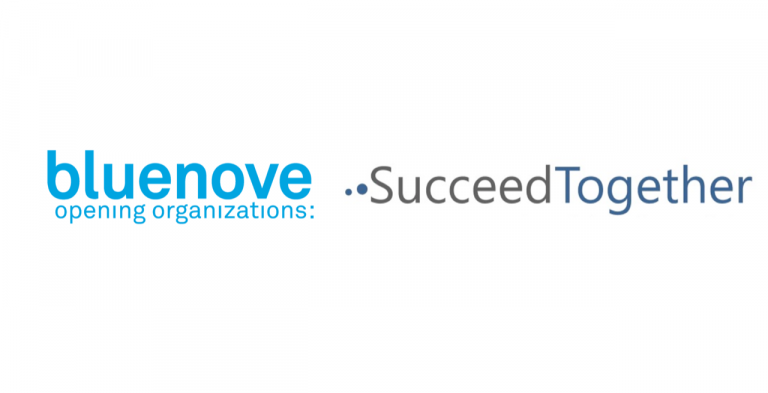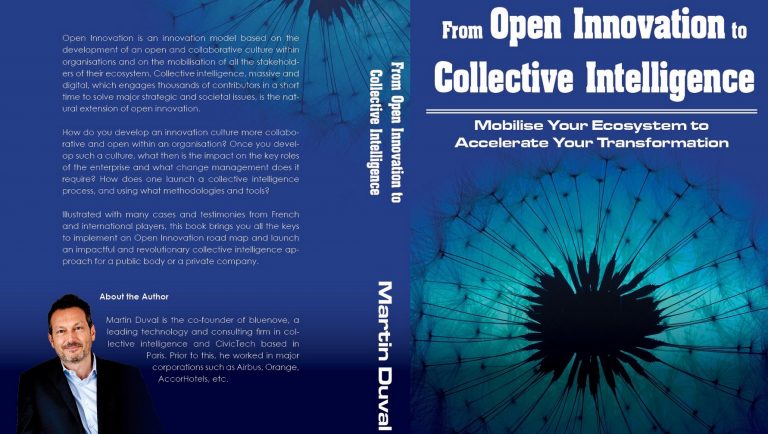The current emphasis on purpose may leave some people confused; some see it as a skillful communication exercise for companies; others explore the paths of collective intelligence in an attempt to make it a participatory exercise.
The object is so protean that it questions the content and form, legal, strategic, communicative, or inspiring, yet it is not self-supporting. Indeed, methodologies are constantly published to allow leaders to land their first proposals. They might seduce with their speeches and formats, but they must not leave aside the managerial innovation that is required to get out of the Rubicon of the announcement effect successfully.
Defining your purpose is good; succeeding is better. One of the keys to success is the way to embody it in the corporate culture. Whether through values, rituals, or decisions, collective action cannot be orchestrated in autonomous ways. Indeed, the purpose is an authentic management technology; it articulates within itself the elements of language to give meaning to the daily life of the company, to make sense to the work of the men and women who live it.
Moreover, some will find it easier to find benchmarks to meet the challenges of the crisis of meaning at work. To succeed in its purpose is intimately linked to the combination of different practices.
A political nature
First, to reflect the political nature of the purpose, it is appropriate to develop a culture of debate, in other words, to welcome conversations, argumentation, and counter-argument to associate decision-making with an informed act. We observe that the purpose becomes an accessible object when the culture of debate allows it to find its place in the exchanges of a boardroom or the coffee corner. No matter the assembly, it is healthy to exchange its resonance or effectiveness. These conversations are all the more accepted when employees, without distinction of hierarchical level, take the role of facilitator of the debate.
A systemic nature
Secondly, to reflect the systemic nature of the purpose, it is useful to link corporate social responsibility and ways of working. Giving substance to the purpose means “being able to embody it through collaboration methods, learning methods, career development, and management styles.” Sometimes decision-makers, sometimes narrators, managers who choose to set up telework, flex-office, or sabbaticals for humanitarian missions, can use these measures as platforms to illustrate the company’s history through its purpose… In practice, between a managerial conversation linked to career orientation and the next deployment of the mobile application for personal accounts in training, there is a space to imagine and co-create the story of the hired employee.
An economic nature
Third, to reflect the economic nature of the purpose, it is necessary to bring entrepreneurial actions closer to those related to sustainable development. The aim is to anchor the sustainable perspective in the post-modern discourse of business innovation leaders. The era of the in-house or intrapreneur entrepreneur is no longer sufficient. It is no longer a question of producing prototypes, pitches, or products that are at least viable. The purpose invites us to question the relevance of projects, the choice of priorities, or it forces us to think differently about our collective expectations or our ambitions. Without becoming an arbitrator, she is a coach for the employee with multiple hats: the entrepreneur, the citizen, and the consumer.
As a facilitator of debates, a storyteller in companies, intrapreneurs of sustainable development, ethical citizen, or committed thinker, the postures to which the purpose invites are both motives to invite collective action and to gather around a common goal. More than an object of communication, the purpose is a vehicle for accelerating cultural transformation. The act of acting opens up an essential space-time to appropriate this cultural artifact, understanding how it can intervene in daily or strategic decisions is the fundamental key to its success.



